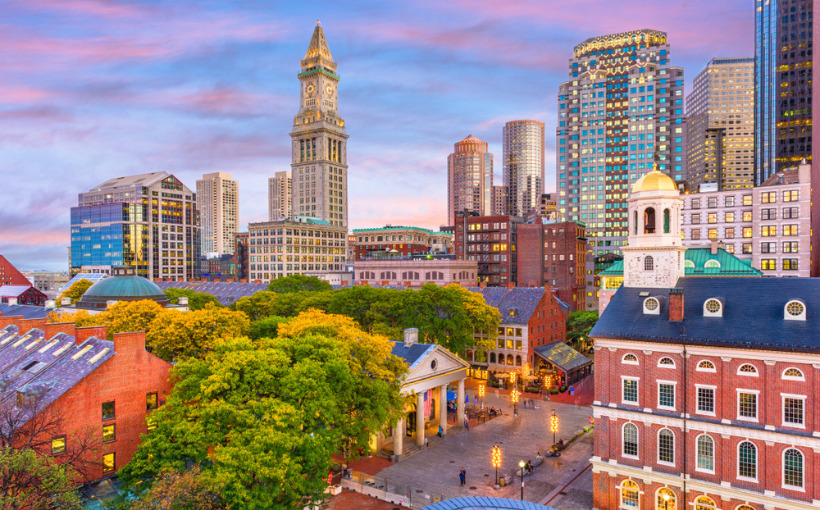A high-profile push by Boston Mayor Michelle Wu and some housing advocates to end the state’s three-decade-old ban on rent control has gained little traction with state lawmakers this year. So now supporters are considering another approach: taking the matter to the voters.
Cambridge StateRepresentative Mike Connolly — “acting in my personal capacity as a renter” — on Wednesday filed a ballot petition that wouldbring the divisive question of rent control to the state’s voters next year. The measure, which is similar to a bill Connolly has filed in the Legislature, would lift the rent control ban voters passed in 1994, giving any community in the state the right to institute rent caps if they so choose.Should the measure reach the ballot in November 2024, itwould surely touch off a fiery campaign between the powerful real estate industry and progressive housing advocates.
Connolly, a long and loud backer of tenant protections, said the effort came together just before Wednesday’s deadline to submit ballot measures for the November 2024 elections. Advocates and local officials see it as something of a placeholder, givingthem time to decide if this is the year to launch what would likely be a costly campaign to restore rent control in Massachusetts.
Should Connolly and his allies decide to move forward, the path to a statewide referendum would be steep.
The language of the measure will first need to be approved by Attorney General Andrea Campbell’s office before organizers can begin gathering the nearly 90,000 signatures needed to secure a place on the ballot. Most successful ballot measures are financed by deep-pocketed backers. Signature-gathering alone typically requires hundreds of thousands of dollars, or an army of footsoldiers, and waging a statewide campaign for the vote itself often costs millions in TV ads, mailers, and more. Dozens of measures are filed for each election, but only a handful ever make it to voters.
To get rent control on the ballot, Connolly acknowledged, would require tremendous cooperation from housing advocacy groups and key politicians, some of whom disagree on the merits of the issue, or what form of rent caps they might support. Running a successful campaign against real estate groups and winning over suburban and ruralvoters would be harder still.
And some advocates are frustrated they even have to consider a ballot measure; they want Beacon Hill to act, now.
“Our communities are in a housing crisis, and rent control is among the most immediate and effective ways to address this crisis,” said Mike Leyba, co-executive director of tenants’ rights groupCity Life / Vida Urbana. “People are facing eviction and outrageous rent increases right now and the legislature could pass rent control next week if it wanted to. It should not be the voters’ responsibility to bail out the legislature from its own inaction — it’s our legislature’s job to reject the influence and cynicism of big banks and the real estate industry.”
Advocates don’t have long to decide. The first round of signatures, nearly 75,000, is due in November. Connolly said his coalition would take the next month or two to consider their options.
And they already have the attention of the real estate industry, which hasstrongly opposed Mayor Michelle Wu’s rent control proposal for Boston.
“Rent control will not address Massachusetts’ underlying housing challenges – as housing development has not kept up with population or job growth,” industry trade group NAIOP said in an email to members Thursday. “There is a broad consensus among economists that rent control policies reduce overall housing supply by suppressing new construction, forcing units out of the rental market entirely, and reducing housing quality.”
The group said it is “consulting with a broad group of experts and interested parties to determine next steps.”


